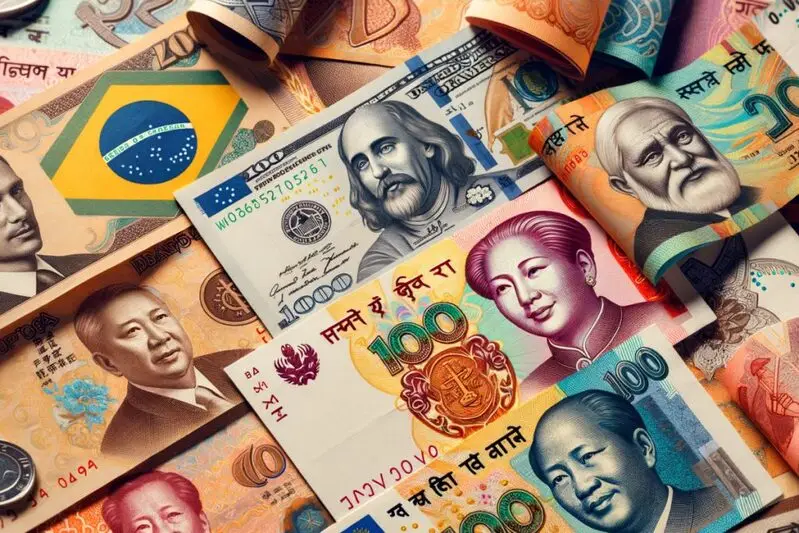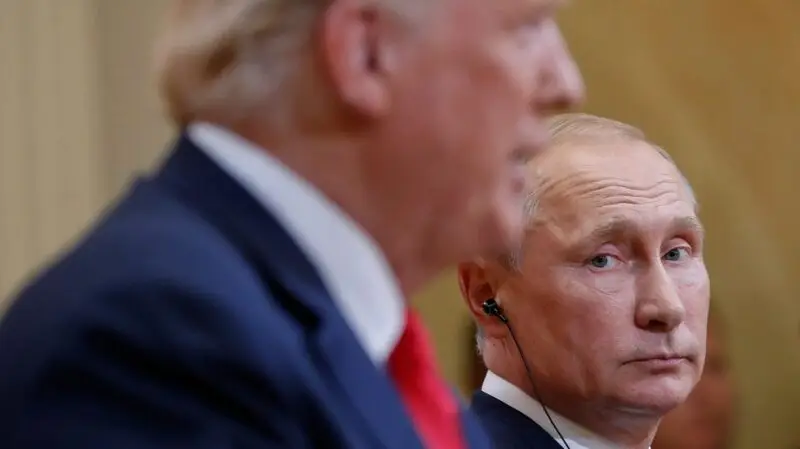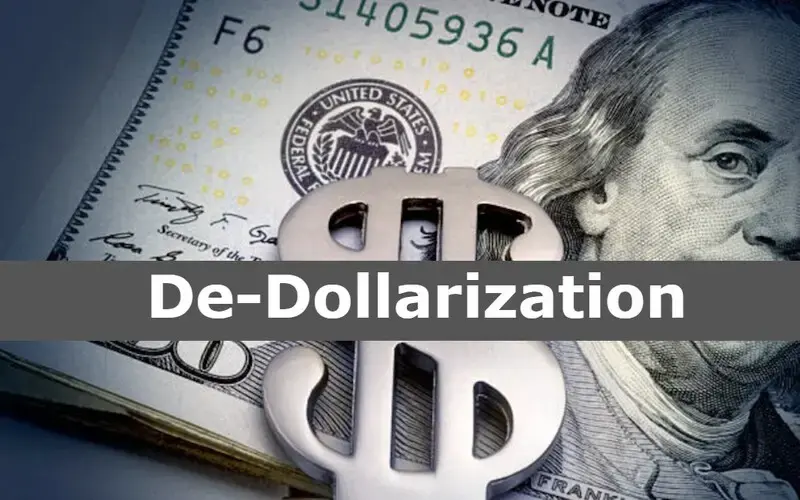The word ‘De-dollarization’ is an easy prey for politicians and leaders to drum up negativity against the US dollar. While it’s a strong word on paper to rewrite policies for trade, in reality, the truth is stranger than fiction. The challenges are enormous and need to meet various parameters to achieve the feat. The US dollar is grounded deep in the financial space, making it irreplaceable for decades.
The dream of developing countries to make de-dollarization a reality will face hurdles at every step. They aim to uproot the US dollar without even making their currency stronger in the forex markets. That is like dreaming of playing the guitar like a rock star without wanting the troubles of learning the instrument.
Also Read: IMF Demands Zimbabwe To Provide More Details on De-Dollarization Plans
The 3 Challenges Facing De-Dollarization
- Operational Costs

Transitioning away from the US dollar needs massive government spending to update its financial systems. The contracts need to be rewritten, trade agreements need to be renegotiated, and the central bank policies need a complete overhaul. All this while facing governmental challenges that could affect the country’s GDP growth. De-dollarization, in reality, is a nightmare that is difficult to attain.
Also Read: Wall Street Analysts Lift Their S&P 500 Index Price Forecasts
- Forex Market Volatility

The US dollar has sustained the whiplashes of the forex markets for decades and still stands strong. Local currencies cannot brace the harsh winds and could fold immediately under pressure. The greenback is a seasoned currency that has sailed many tailwinds and rebounded stronger. Even if de-dollarization succeeds, their local currency could fail to make it to the top of the currency markets.
- Geopolitical Conflicts

Ending US dollar dependency will be met with competition from the White House, Europe, and other Western countries. Trade ties could be suspended, making developing countries fend for themselves in the global economy. They will no longer have the support system from the West, which they depended on. Geopolitical tensions could even take years, if not decades, to rectify, as the wounds take longer to heal.






